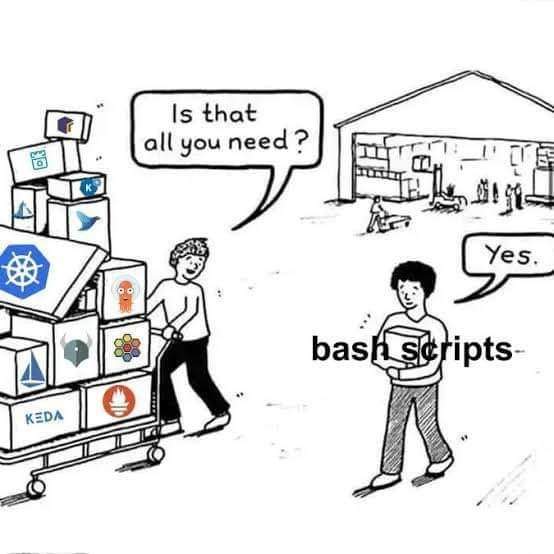my website's backend is made with bash, it calls make for every request and it probably has hundreds of remote arbitrary code execution bugs that will get me pwned someday, it's great
edit: to clarify, it uses a rust program i made to expose the bash scripts as http endpoints, i'm not crazy enough to implement http in bash
it behaves like a static file server, but if a file has the others-execute permission bit set it executes the file instead of reading it
it's surprisingly nice for prototyping since you can just write a cli program and it's automatically available over http too

